Find Information and Support
Choledochal Cysts
Learn more about Choledochal Cysts and find support in a community.
Types Of Choledochal Cysts
Choledochal Cysts classification is based on site of the cyst(s) or dilation. Each has unique anatomy and management principles. Join Dr. Alexander Bondoc of Cincinnati Children’s in an overview of the 5 Types of Choledochal Cysts.
FAQ
Have questions that need answered? Check out our top FAQ's below or see our FAQ page for full more.
Untreated choledochal cysts can lead to several complications, including cholangitis (inflammation of the bile ducts), pancreatitis (inflammation of the pancreas), liver abscesses, and cholangiocarcinoma (bile duct cancer). Early diagnosis and treatment are crucial for preventing these complications and improving patient outcomes.
Treatment options for choledochal cysts depend on the type and severity of the cyst, as well as the presence of symptoms. In some cases, asymptomatic patients may not require treatment. However, in symptomatic patients, treatment may involve surgical resection of the cyst, reconstruction of the biliary tract, or liver transplantation in severe cases.
Choledochal cysts are typically diagnosed using imaging studies, such as ultrasound, CT scan, or magnetic resonance cholangiopancreatography (MRCP). In some cases, endoscopic retrograde cholangiopancreatography (ERCP) may also be used to diagnose and treat the condition.
There are five types of choledochal cysts, classified according to the Todani classification system. These include Type I, Type II, Type III, Type IV (subdivided into IVa and IVb), and Type V (also known as Caroli’s disease). Each type has unique characteristics and may require different approaches to diagnosis and treatment.
Success Stories
Read stories of success and encouragement.

What Are the Common Cholangitis Symptoms?
Learn about the common symptoms of cholangitis, including fever, abdominal pain, and jaundice. Understand when to seek medical attention for this serious condition.

12 Treatment Options for Biliary Dilation Patients
Learn about 12 treatment options for biliary dilation, including medications, endoscopic procedures, and surgical interventions. Find the best approach for managing symptoms and improving quality of life.

7 Key Facts about Sclerosing Cholangitis Every Patient Should Know
Learn about the 7 most important facts every patient with sclerosing cholangitis should know. Gain a better understanding of this chronic liver disease and its management.
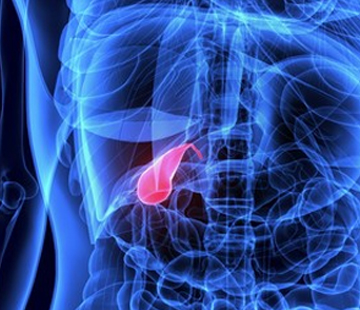
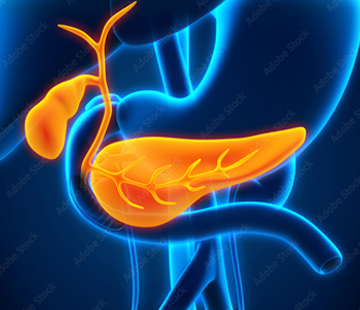
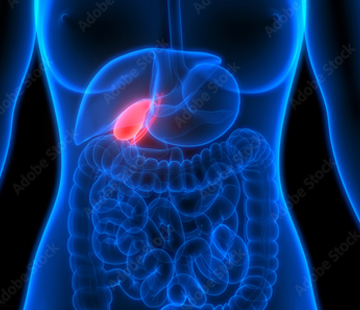
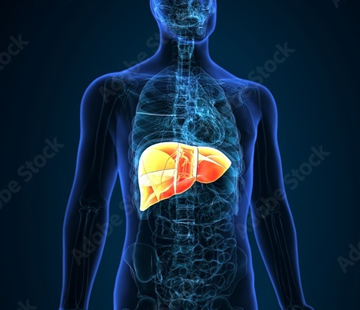
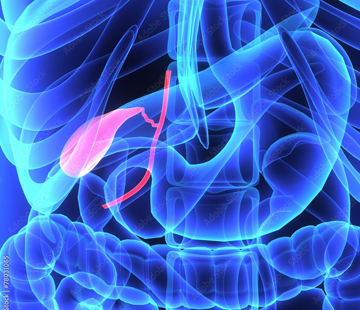







 Find Community
Find Community  Success Stories
Success Stories